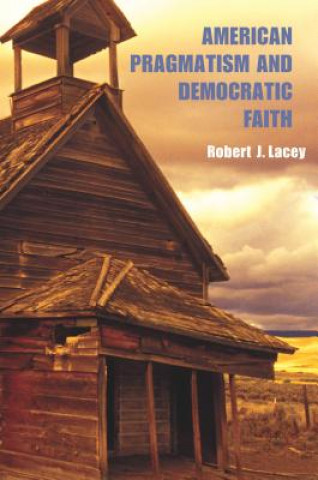
Kód: 04750174
American Pragmatism and Democratic Faith
Autor Robert J. Lacey
In June 1962, a group calling themselves Students for a Democratic Society gathered at a retreat in rural Michigan to discuss and revise their founding manifesto. The result of that meeting was the famous Port Huron Statement, a d ... celý popis
- Jazyk:
 Angličtina
Angličtina - Vazba: Pevná
- Počet stran: 296
Nakladatelství: Cornell University Press, 2007
- Více informací o knize

1613 Kč

Skladem u dodavatele v malém množství
Odesíláme za 10-14 dnů
Potřebujete více kusů?Máte-li zájem o více kusů, prověřte, prosím, nejprve dostupnost titulu na naši zákaznické podpoře.
Přidat mezi přání
Mohlo by se vám také líbit
-

Chasing the American Dream
1262 Kč -

Design
754 Kč -

Delia's Heart
254 Kč -

Complete Homebrew Beer Book
583 Kč -

Clinical Studies in Medical Biochemistry
4598 Kč -

After the Trojan War
752 Kč -

Jin Yuelin's Ontology: Perspectives on the Problem of Induction
5233 Kč
Dárkový poukaz: Radost zaručena
- Darujte poukaz v libovolné hodnotě a my se postaráme o zbytek.
- Poukaz se vztahuje na celou naši nabídku.
- Elektronický poukaz vytisknete z e-mailu a můžete ihned darovat.
- Platnost poukazu je 12 měsíců od data vystavení.
Více informací o knize American Pragmatism and Democratic Faith
Nákupem získáte 161 bodů
 Anotace knihy
Anotace knihy
In June 1962, a group calling themselves Students for a Democratic Society gathered at a retreat in rural Michigan to discuss and revise their founding manifesto. The result of that meeting was the famous Port Huron Statement, a document that not only reflected their disenchantment with America's elite-controlled social and political institutions but also called for the creation of a "participatory democracy" in which all citizens engage in public life and share the responsibility of political decision making.This demand for participatory democracy characterized the New Left ethos and captured the imagination of a generation of radicals and political activists from the late 1950s to the close of the 1960s. So, why did participatory democracy fail to materialize in any recognizable form? Why was it forced to retreat from mainstream public discourse into the academy? Its fate, political scientist Robert Lacey asserts, was determined in large part by its intellectual origins.The idea of participatory democracy germinated in the philosophy of Charles Sanders Peirce and William James, founders of American pragmatism, and fully blossomed in the work of John Dewey, who argued that democracy should (and could) be a "way of life" for every person. Dewey rested his democratic faith on three pragmatist tenets: truth is probabilistic and socially determined; humans are malleable and educable; and humans, endowed with free will, can act collectively for their individual and social betterment.When the realities of modern life in the mid- to late-20th century posed serious challenges to these tenets, the very foundation of participatory democratic thought began to crumble. Yet, willfully disregarding the rubble, C. Wright Mills, Sheldon Wolin, Benjamin Barber, and other theorists have continued to support participatory democracy as a viable political idea. Today's participatory democrats have constructed a fragile theoretical enterprise that rests on questionable assumptions inherited from the pragmatist tradition about truth, human nature, and free will.Tracing the history of a salient idea in American political thought, Lacey elucidates the assumptions underlying participatory democracy, assesses both its usefulness and coherence, and ultimately reveals it to be less a theory than a faith - a faith that has largely failed to follow through on its promise.
 Parametry knihy
Parametry knihy
Zařazení knihy Knihy v angličtině Society & social sciences Politics & government Political structure & processes
1613 Kč
- Plný název: American Pragmatism and Democratic Faith
- Autor: Robert J. Lacey
- Jazyk:
 Angličtina
Angličtina - Vazba: Pevná
- Počet stran: 296
- EAN: 9780875803791
- ID: 04750174
- Nakladatelství: Cornell University Press
- Hmotnost: 28 g
- Rozměry: 229 × 152 × 15 mm
- Datum vydání: 14. November 2007
Oblíbené z jiného soudku
-
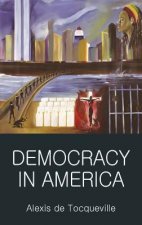
Democracy in America
136 Kč -

The Prince
90 Kč -
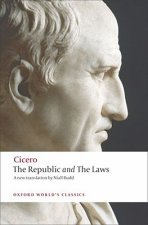
Republic and The Laws
223 Kč -
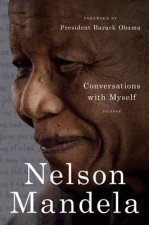
CONVERSATIONS WITH MYSELF
493 Kč -

Stalin
499 Kč -
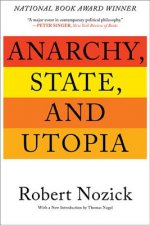
Anarchy, State, and Utopia
584 Kč -

Prince
223 Kč -

The Prince
90 Kč -

Weapons of Math Destruction
306 Kč -

Prince
223 Kč -
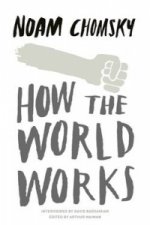
How the World Works
464 Kč -

Prince
357 Kč -

JFK and the Unspeakable
410 Kč -
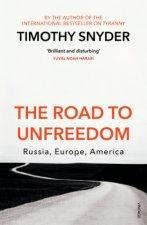
The Road to Unfreedom
296 Kč -

Red Notice: How I Become Putins No 1 Enemy
306 Kč -
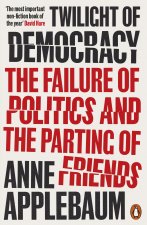
Twilight of Democracy
316 Kč -

From Dictatorship to Democracy
223 Kč -
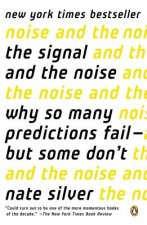
Signal and the Noise
451 Kč -

Audacity of Hope
303 Kč -
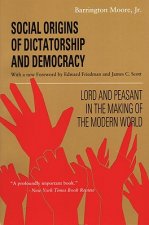
Social Origins of Dictatorship and Democracy
716 Kč -

State in the Third Millennium
1005 Kč -

How to Stand Up to a Dictator
316 Kč -
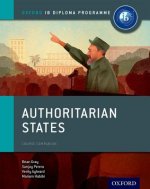
Oxford IB Diploma Programme: Authoritarian States Course Companion
1239 Kč -
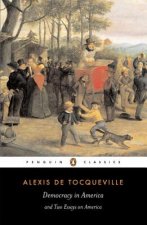
Democracy in America
340 Kč -

Prince
196 Kč -
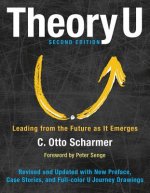
Theory U: Leading from the Future as It Emerges
1046 Kč -
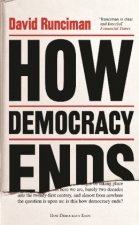
How Democracy Ends
276 Kč -
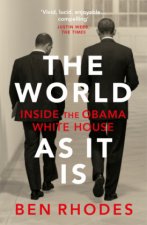
World As It Is
316 Kč -

Democracy Incorporated
634 Kč -
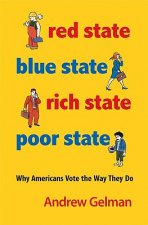
Red State, Blue State, Rich State, Poor State
611 Kč -
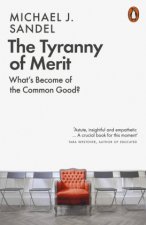
Tyranny of Merit
316 Kč -

Utopia
130 Kč -

Stalin, Vol. I
514 Kč -

Concise Oxford Dictionary of Politics and International Relations
383 Kč -

Future of Freedom
425 Kč -

Book of Lord Shang
986 Kč -
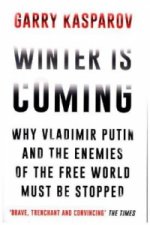
Winter Is Coming
306 Kč -
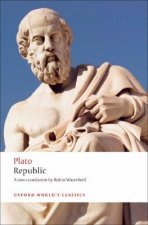
Republic
216 Kč -
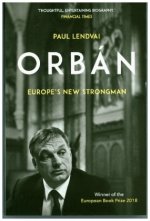
Orban
512 Kč -

Likewar: The Weaponization of Social Media
382 Kč -

Obama: An Intimate Portrait
1064 Kč -

Prince
343 Kč -
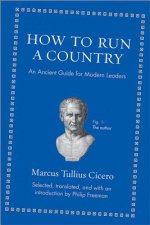
How to Run a Country
367 Kč -

Road to Somewhere
276 Kč -

Hitler
514 Kč -
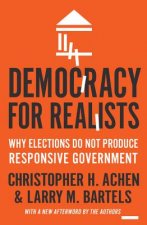
Democracy for Realists
500 Kč -

Mrs. Kennedy and Me
390 Kč -

Oxford Handbook of Comparative Constitutional Law
1564 Kč -
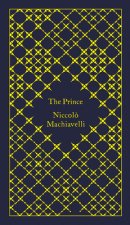
Prince
410 Kč
Osobní odběr Praha, Brno a 12903 dalších
Copyright ©2008-24 nejlevnejsi-knihy.cz Všechna práva vyhrazenaSoukromíCookies


 Vrácení do měsíce
Vrácení do měsíce 571 999 099 (8-15.30h)
571 999 099 (8-15.30h)